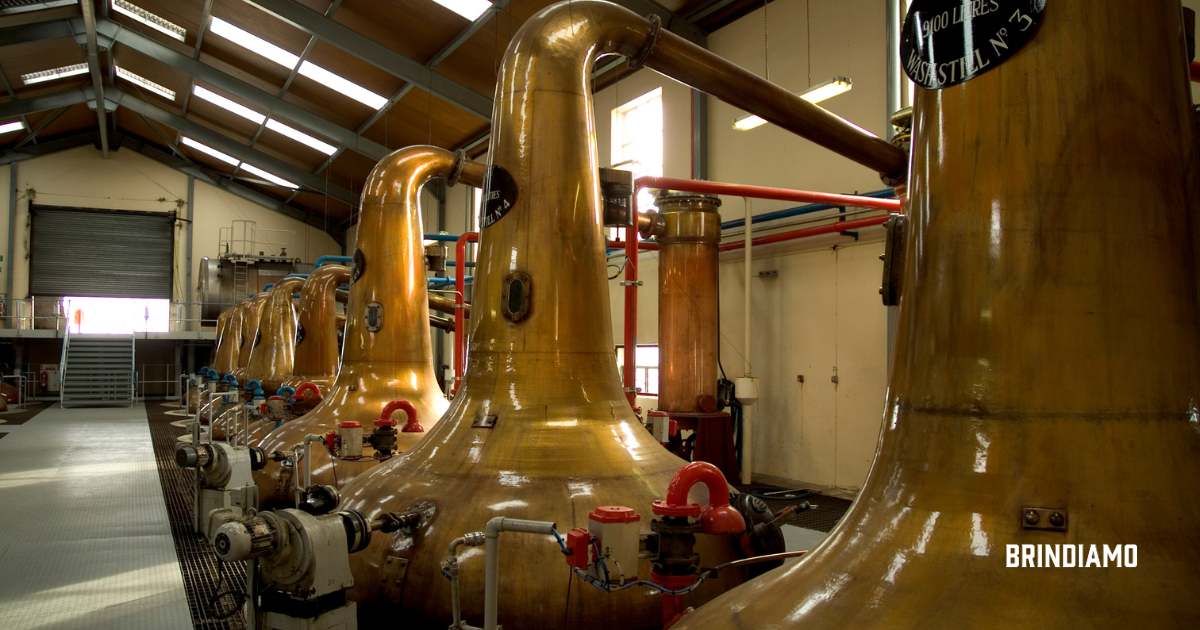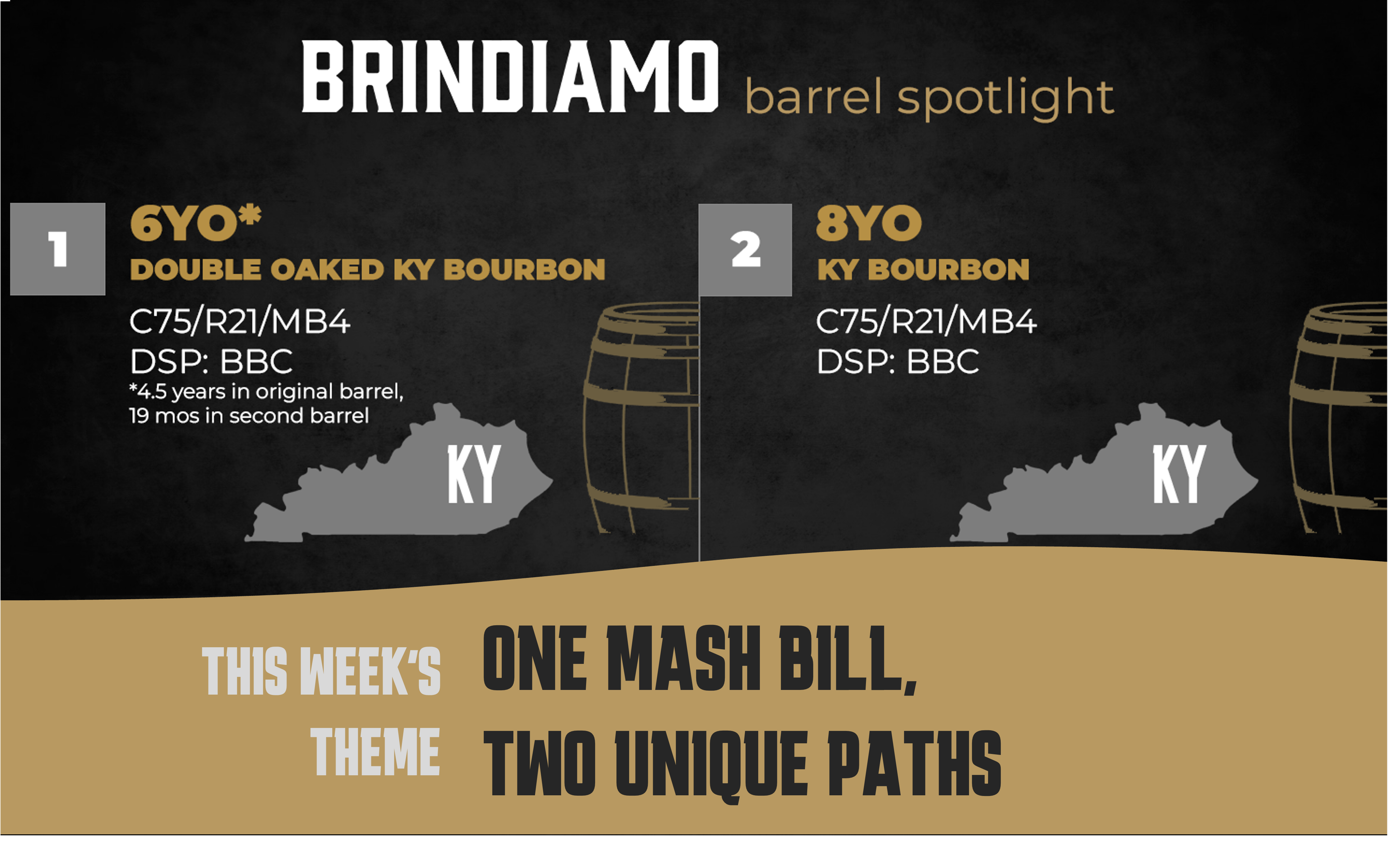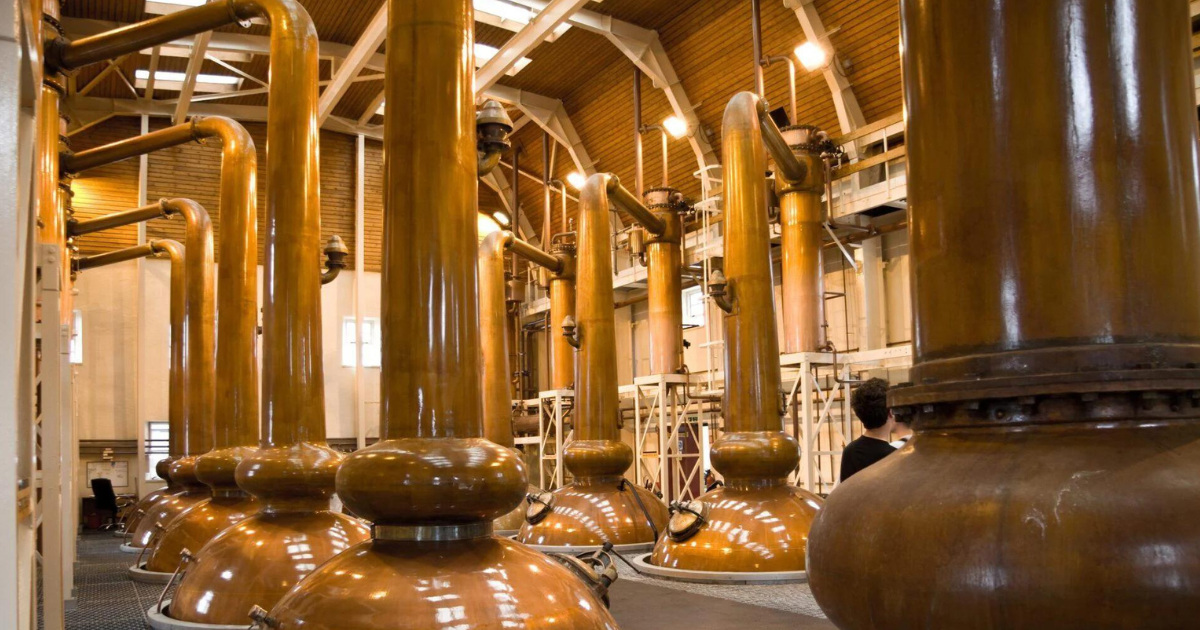Brindiamo Playback: The Content That Shaped the Whiskey Conversation in 2025
As we reflect on 2025, we wanted to take a moment to look back with you. This past year, our team published across more mastheads than ever before —...
4 min read
 Matt Breese
:
Jun 12, 2025 1:14:24 PM
Matt Breese
:
Jun 12, 2025 1:14:24 PM

Starting a distillery is a dream for many aspiring entrepreneurs and craft spirit enthusiasts. However, beyond the artistry of crafting unique flavors and blends, lies a complex world of legal requirements and compliance protocols. Navigating this regulatory landscape is essential—not only to launch your distillery but to ensure its long-term success and credibility in the market.
This guide will walk you through the key legal considerations for starting a distillery, covering federal requirements, state and local regulations, operational compliance, and ongoing reporting responsibilities. By the end of this post, you’ll have a clear roadmap to help you stay compliant in an industry marked by stringent oversight.
The Alcohol and Tobacco Tax and Trade Bureau (TTB) is the primary federal agency governing distilleries in the United States. Meeting federal requirements is one of the most critical first steps in your distillery’s compliance journey.
Before producing a single drop of spirits, you’ll need to secure a Basic Permit from the TTB under the Federal Alcohol Administration Act. This involves:
For new distillery owners, the application process can feel overwhelming due to the volume of documentation required. However, paying close attention to detail and presenting accurately completed forms will significantly reduce processing delays.
Navigating federal excise taxes on distilled spirits is another critical factor. The TTB requires either a bond or prepayment arrangement to ensure your business fulfills its tax obligations. Bonds provide financial security and help cover potential unpaid excise taxes. Depending on your anticipated production volume, different bond levels may apply.
Additionally, you must regularly file tax returns and reports detailing your production, storage, and sales activities. These filings allow the government to track your compliance with federal excise tax laws.
Beyond permits and bonds, federal law governs several operational aspects of your distillery:
Partnering with legal experts or consultants who specialize in the distillery industry can help you streamline federal compliance from the outset.
While federal compliance is essential, state and local laws can profoundly impact how you operate your distillery. These regulations vary widely by location and must be addressed early in the planning process.
Every state imposes specific licensing requirements for distilleries, including:
Some states may cap production levels for craft distilleries or have tiered licensing systems based on production quantity.
Finding the right location for your distillery involves more than just aesthetics. Local zoning laws often dictate where distilleries can legally operate. Engage with city officials to confirm that your chosen location complies with zoning restrictions and obtain any required land-use permits. For example:
Distilleries generate wastewater and emissions that are subject to environmental regulations. State and local agencies may require you to implement waste management systems to ensure that byproducts don’t adversely affect the environment. Key considerations include:
Proactively consulting environmental experts can help you meet compliance standards without disruptions to your operations.
Once your distillery is up and running, maintaining operational compliance is critical to avoiding costly fines or disruptions. This includes following production, labeling, and advertising regulations.
TTB regulations dictate strict guidelines for alcohol production methods, including:
Staying organized and diligent with your production records is not just good business practice—it’s legally required.
Accurate and compliant labeling is essential for selling your products. Before you can place your bottles on store shelves, you’ll need TTB approval for your product labels through the Certificate of Label Approval (COLA) process. Labels must include:
Misleading or non-compliant labels can result in penalties or recalls, making attention to detail crucial during the label design process.
All marketing materials—including digital ads, print materials, and packaging—must comply with federal advertising standards. The TTB prohibits:
Ensure your promotional strategies align with these standards to maintain credibility and avoid conflicts with regulators.
Legal compliance doesn’t end once your distillery is operational. Maintaining good standing requires continuous reporting, renewals, and readiness for audits.
Your obligations may include monthly or quarterly submissions to the TTB detailing:
Implementing a solid recordkeeping system will make these filings easier and more accurate.
Regular audits from federal, state, or local agencies are a standard part of running a distillery. Be proactive by:
Audits may also identify areas for improvement, giving you an opportunity to strengthen your practices.
Staying compliant means renewing required licenses and bonds before they expire. Set reminders to ensure you never lapse on necessary approvals.
Starting a distillery requires more than passion and craftsmanship—it demands a thorough understanding of complex legal requirements. By securing the right permits, adhering to operational and labeling standards, and maintaining ongoing compliance, you set the foundation for a successful, long-term venture in the spirits industry.
Navigating this regulatory landscape may feel intimidating, but seeking expert guidance can make all the difference. Whether you’re in the planning stages or looking to optimize your existing compliance practices, partnering with industry professionals ensures you meet every requirement while preserving your focus on crafting exceptional spirits.

As we reflect on 2025, we wanted to take a moment to look back with you. This past year, our team published across more mastheads than ever before —...

Welcome back to the Brindiamo Barrel Spotlight, our weekly email series highlighting the barrels, distilleries, and market dynamics shaping today’s...

The market for bourbon barrels is bifurcated. Over the course of the last 24 months, the conversation has shifted from how to find whiskey to how to...

The alcoholic beverage industry presents significant profit potential, attracting many aspiring entrepreneurs. This expansive industry offers...
-min.png)
The dream of crafting your own spirits is exhilarating—but building a successful distillery goes far beyond perfecting your recipe(s). One of the...

Some marketers like to call it “experiential marketing.” It’s the term used in the industry to describe a trend in the adult beverage industry....
Join the conversation
Leave a comment below.